detail profile milena dravi c4 87
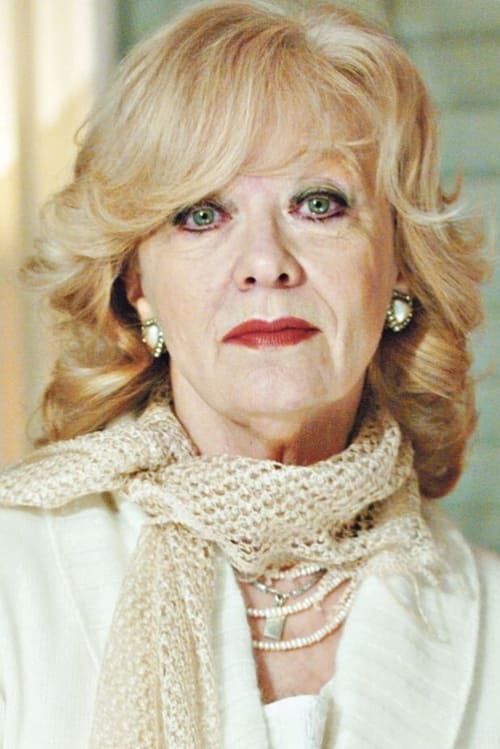
Milena Dravić
Milena Dravic Djordjevic
atau dikenal sebagai
Riwayat Hidup
From Wikipedia, the free encyclopedia
Milena Dravić (1940–2018) was a Serbian actress.
Born in Belgrade, Dravić was involved with the performing arts from the age of four: first with dance and later classical ballet.
In 1959, while in high school, director František Čap saw her on the cover of a youth magazine in a ballet dancers group photo and decided on the spot to approach her about being in his film Vrata ostaju otvorena.
After appearing in few more films she decided to pursue acting full-time and successfully enrolled in Belgrade's Dramatic Arts Academy.
Her big break came in 1962 when she won the Golden Arena for Best Actress award (which was the Yugoslav equivalent of Academy Award) for her role in Branko Bauer's film Prekobrojna.
This was the moment that sent her on the way to becoming Yugoslavia's first and arguably the biggest female movie star.
Milena Dravić continued with long and prolific career during which she showed great talent and versatility.
She was equally memorable and believable as the tragic heroine in state-sponsored World War II epics, eccentric protagonist of experimental arthouse films like WR: Mysteries of the Organism and romantic comedies.
She especially excelled in the latter during 1970s and 1980s.
She won the Cannes Best Supporting Actress Award in 1980 for Special Treatment.
For her roles and contributions to domestic cinematography, she received the prestigious "Pavle Vujisić" award in August 1994.
Milena Dravić was married three times.
Her third husband was the prominent Serbian actor Dragan Nikolić, with whom she had co-hosted the popular 1970s television program Obraz uz obraz.
She died on 14 October 2018, after a long battle with illness.
Info Pribadi
Peran Yang Di Mainkan Milena Dravić
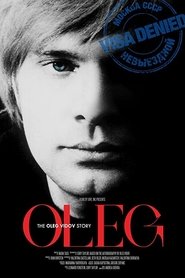 Oleg Vidov one of the Soviet...
Oleg Vidov one of the Soviet...Oleg: The Oleg Vidov Story 2021
Oleg Vidov — one of the Soviet Union's most beloved actors — was persecuted, blacklisted and pushed to the breaking point before escaping to the West and achieving the American dream.
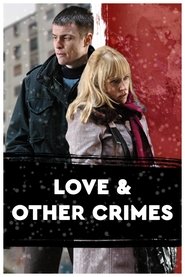 Anica lives in New Belgrade a...
Anica lives in New Belgrade a...Love and Other Crimes 2008
Anica lives in New Belgrade, a miserable district of tower blocks and concrete. She is mistress to Milutin, a wealthly local criminal who owns a solarium and runs a protection racket. Anica is determined not to grow old in this dump where neither love nor life seems to offer her a decent future. One grey winter’s day Anica has an idea to steal money from Milutin’s safe, get on a plane and leave the country forever.
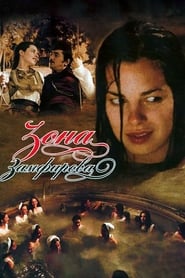 Zona Zamfirova is set in the...
Zona Zamfirova is set in the...Zamfir's Zona 2002
Zona Zamfirova is set in the eastern Serbian city of Niš in the 19th century. The plot follows the story of Zona Zamfirova, a local rich man's daughter, and the vicissitudes of her affair with Mane, an ordinary goldsmith. As it was undesirable for the daughter of a rich man to marry a craftsman, the two are at first divided, with the possibility of Zona marrying Manulać, who came from a wealthy family. Everything is, however, changed as Mane organizes a successful conspiracy to keep Zona for himself.
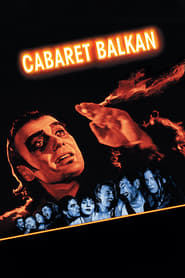 20 peoples paths crisscross one night in...
20 peoples paths crisscross one night in...Cabaret Balkan 1998
20 people's paths crisscross one night in violent mid-'90s Belgrade.
 In 1389 the Serbian prince Lazar Hrebeljanovi...
In 1389 the Serbian prince Lazar Hrebeljanovi...Battle of Kosovo 1989
In 1389, the Serbian prince Lazar Hrebeljanović refused to submit to the Turkish Sultan Murat, who was invading Serbia with a large army, in order to continue conquering Europe through it.
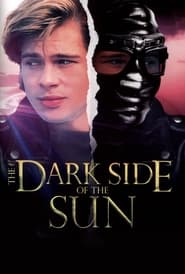 Traveling in search of a cure...
Traveling in search of a cure...The Dark Side of the Sun 1988
Traveling in search of a cure for a rare skin disease, a man finds freedom and love along the way.
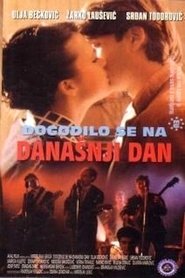 Belgrade in 1963 In a yard surrounded...
Belgrade in 1963 In a yard surrounded...It Happened on This Very Day 1987
Belgrade in 1963. In a yard surrounded by buildings, a group of young people of different backgrounds and social status, but of similar views about love and self-affirmation, spend their time together. Their friendship is dyed with various events typical for socialism, such as working actions or Youth Day's parade. All what happens within this yard may become an allegory of one generation's destiny.
 The new misadventures of single mother...
The new misadventures of single mother...My Part-Time Dad 1982
The new misadventures of single mother Svetlana, her 12 year old son and (still) part-time worker Siniša. Siniša's plans to marry Svetlana are ruined when her ex-husband comes back from Germany, persuading her to start their new life together.
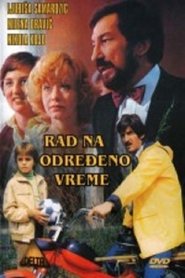 A comedy of everyday life problems...
A comedy of everyday life problems...Part-Time Work 1980
A comedy of everyday life problems of a "temporary" teacher who leads a very "temporary" life. For ten years, he temporarily lives with his married sister in a cramped, one-room apartment in which, his brother's-in-law sister also temporarily lives. He has a diploma, but not a steady job. He's a school teacher for a definite period of time with a "temporary" status. At the mean time, a boy who lives alone with his mother goes to the same school. He wants to have a father by his own choice, not his mother's. It seems that the teacher suits most of the boy's idea of a father. And the boy gains what he always wants.
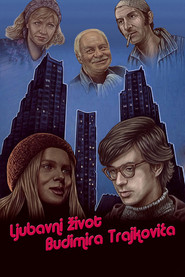 Trajkovi family are bridge builders Being...
Trajkovi family are bridge builders Being...The Love Life of Budimir Trajković 1977
Trajković family are bridge builders. Being forced to move every once in a while, the bridges are everything but pleasant thing for 17 year old Budimir, who is unable to make any permanent love relationship. In their last attempt to settle down in capital, a boy will experience love in its full meaning.
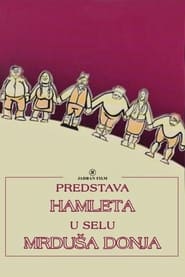 A corrupt village commissar insists on...
A corrupt village commissar insists on...A Performance of Hamlet in the Village of Mrdusa Donja 1974
A corrupt village commissar insists on mounting a production of Hamlet. The clever local teacher, however, casts the son of a man framed for theft as Hamlet, and the commissar as the usurping king, leading to a climax of truly Shakespearean proportions.
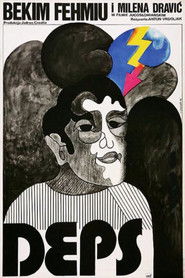 A film about a smalltime gangster...
A film about a smalltime gangster...Deps 1974
A film about a small-time gangster, a loser who seems is finally on the road of going straight.
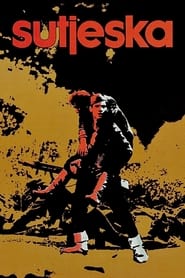 The headquarters of the Marshal Titos...
The headquarters of the Marshal Titos...The Battle of Sutjeska 1973
The headquarters of the Marshal Tito's Liberation Army are surrounded by Axis forces. The Partisans have no choice but to fight their way out of the encirclement and face the enemy on the plains of Sutjeska.
 What does the energy harnessed through...
What does the energy harnessed through...WR: Mysteries of the Organism 1971
What does the energy harnessed through orgasm have to do with the state of communist Yugoslavia circa 1971? Only counterculture filmmaker extraordinaire Dušan Makavejev has the answers (or the questions). His surreal documentary-fiction collision begins as an investigation into the life and work of controversial psychologist and philosopher Wilhelm Reich and then explodes into a free-form narrative of a beautiful young Slavic girl’s sexual liberation.
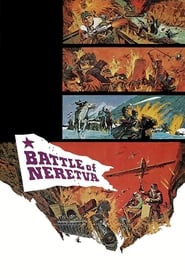 In January 1943 the German army afraid...
In January 1943 the German army afraid...The Battle of Neretva 1969
In January 1943 the German army, afraid of an Allied invasion of the Balkans, launched a great offensive against Yugoslav Partisans in Western Bosnia. The only way out for Partisan forces and thousands of refugees was the bridge on the river Neretva.
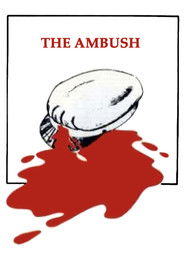 Idealistic young man supports the party...
Idealistic young man supports the party...The Ambush 1969
Idealistic young man supports the party and the new Yugoslavia's communist regime, but soon gets involved in various political and criminal machinations becoming more and more confused about what's right and what's wrong.
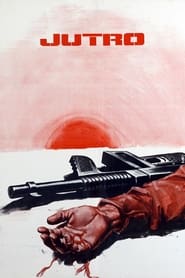 In the first days after the...
In the first days after the...The Morning 1967
In the first days after the Second World War, as collaborators are being taken care of, a former partisan finds out that war never truly ends — not even in time of peace.
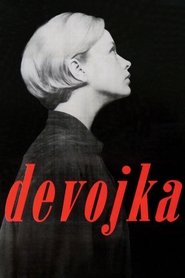 A lyrical fourfold perspective on WWII...
A lyrical fourfold perspective on WWII...The Girl 1965
A lyrical fourfold perspective on WWII through the eyes of a young partisan couple, a town photographer and a German officer.
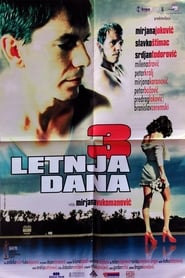 Serbian film about the life of...
Serbian film about the life of... In WWII Lieut Martino and his...
In WWII Lieut Martino and his...